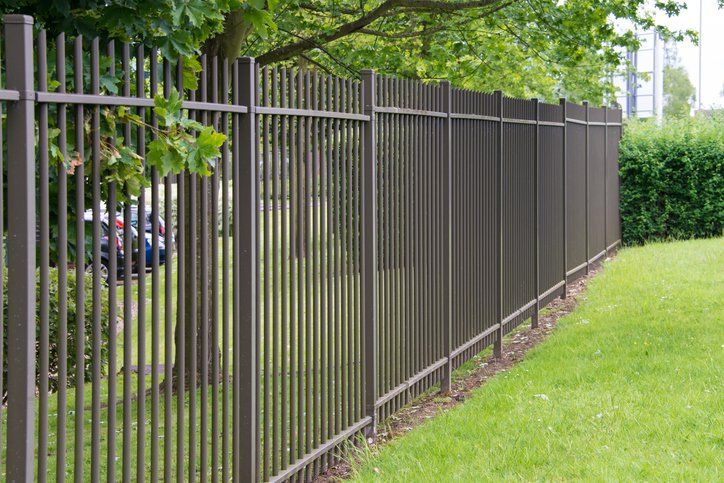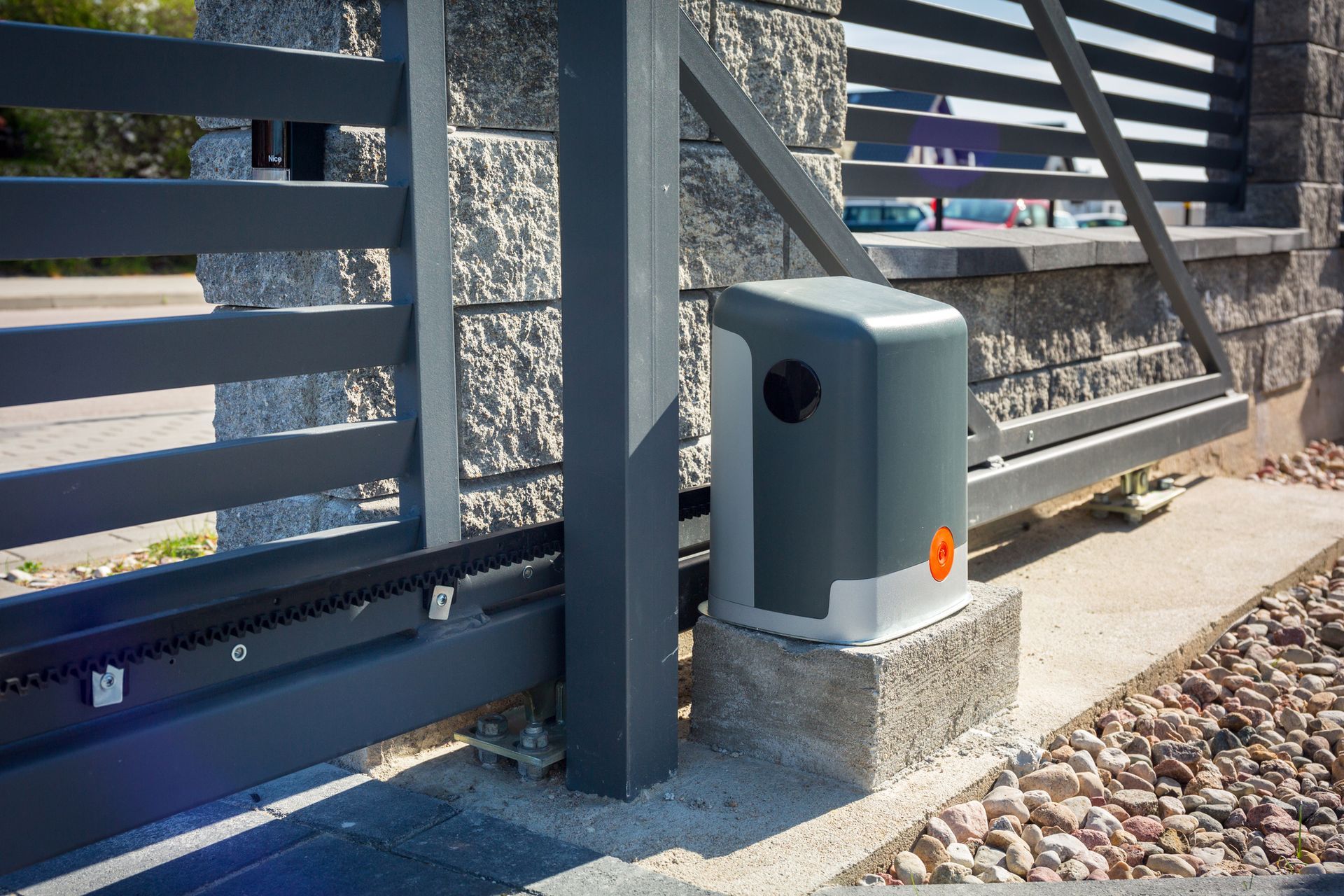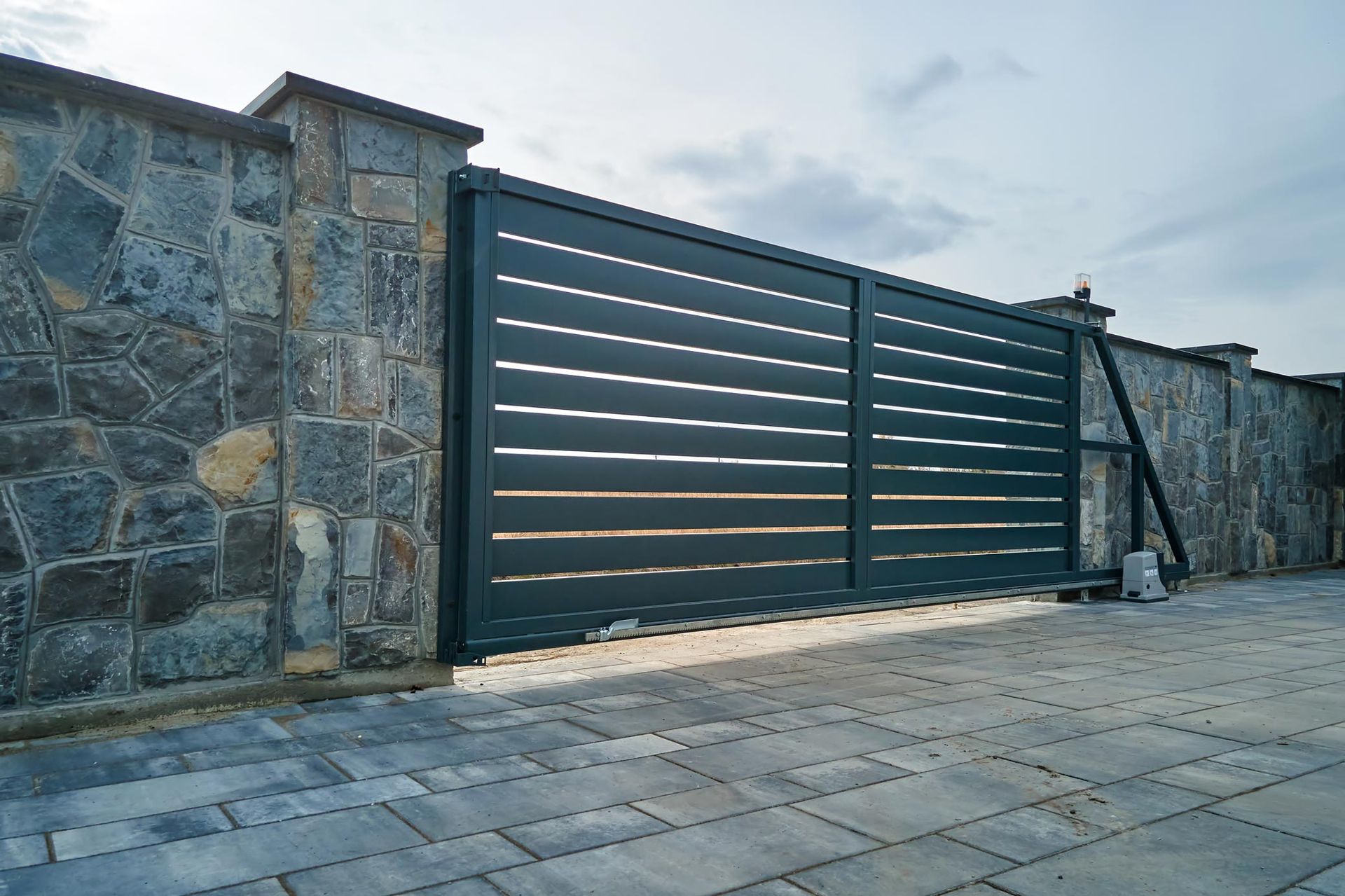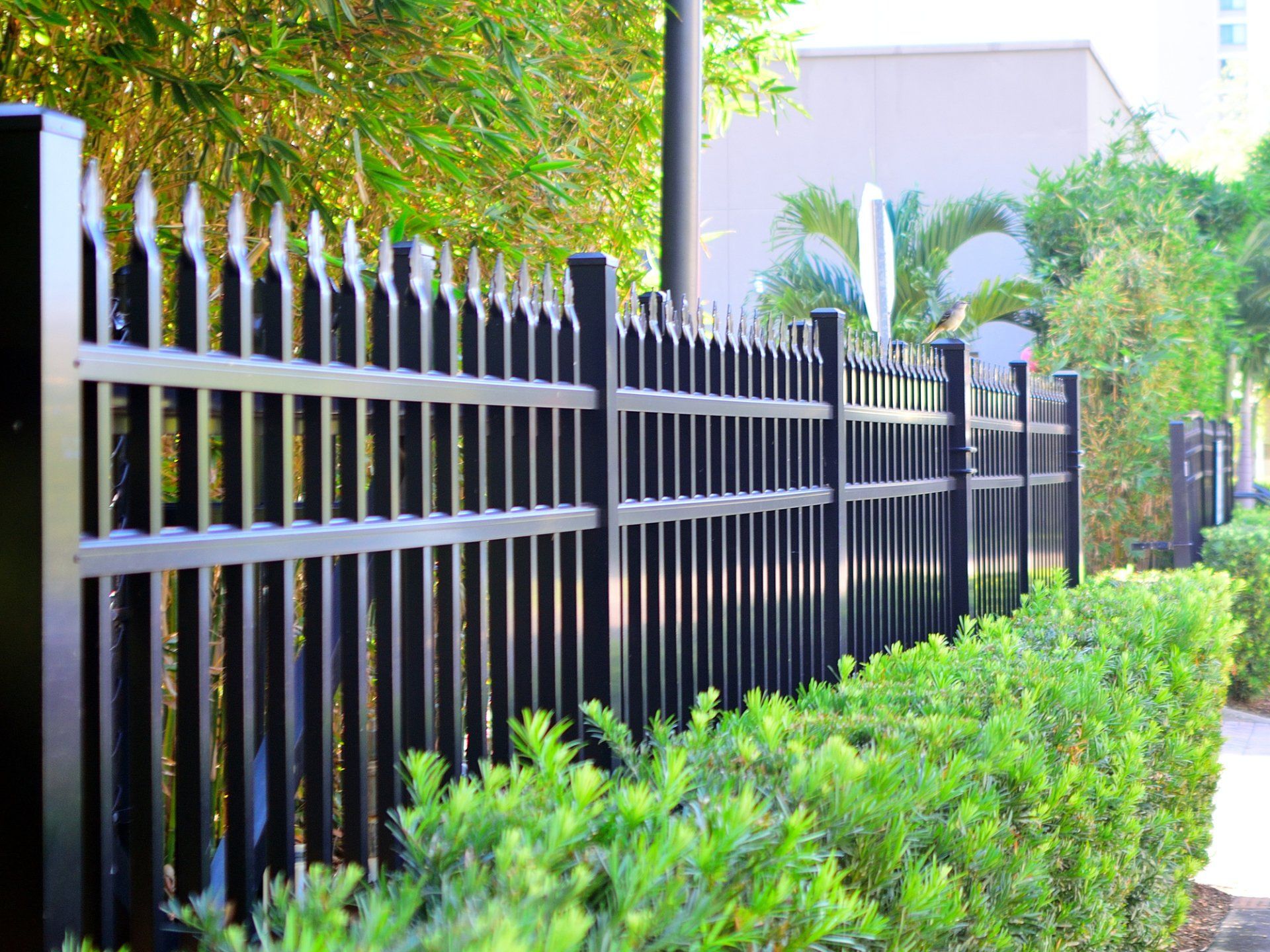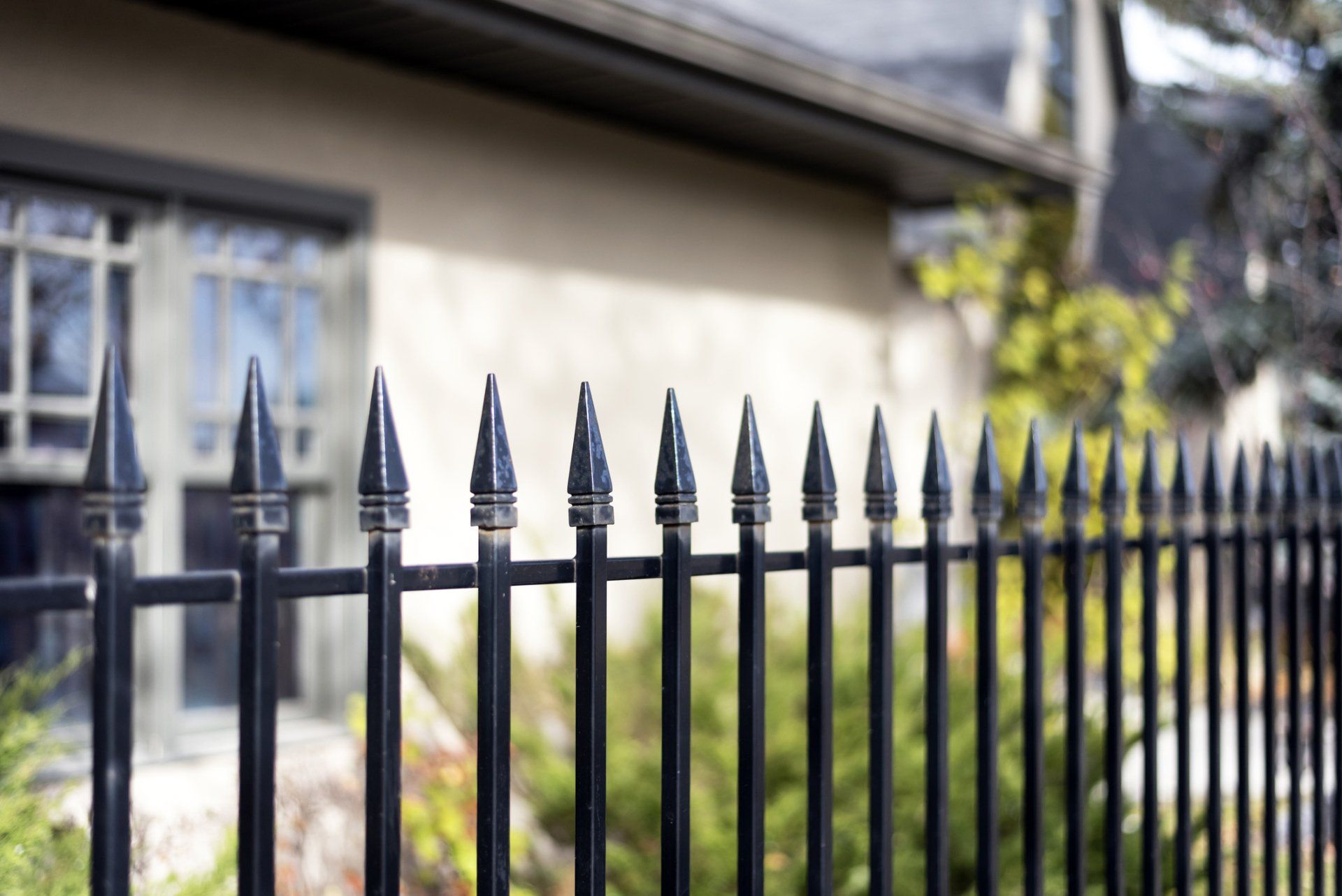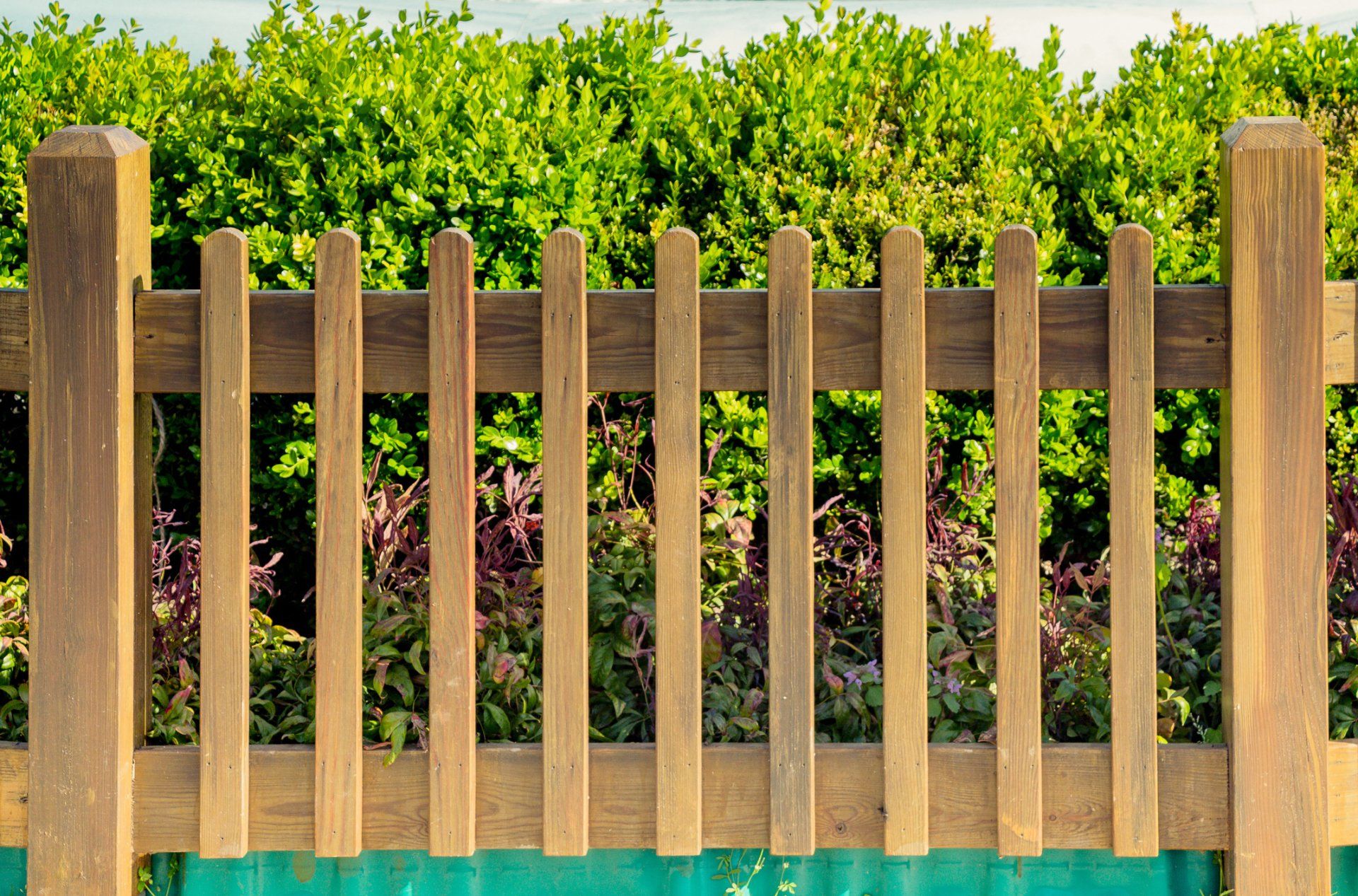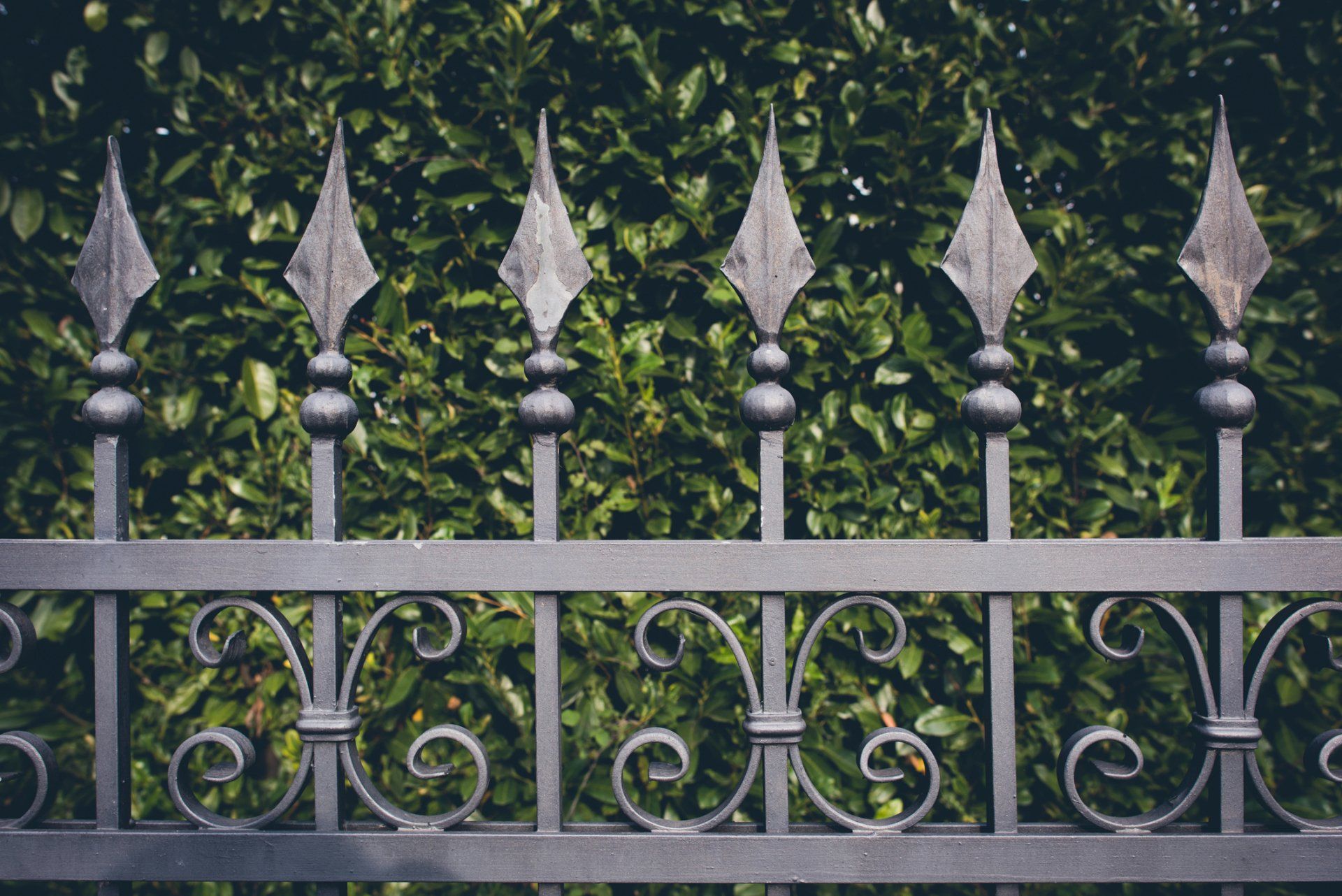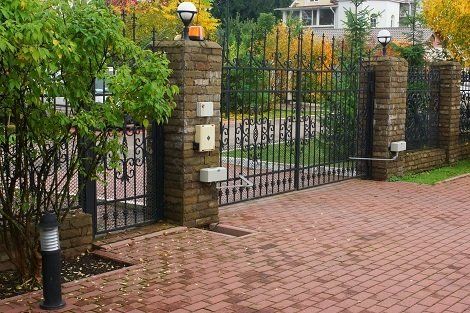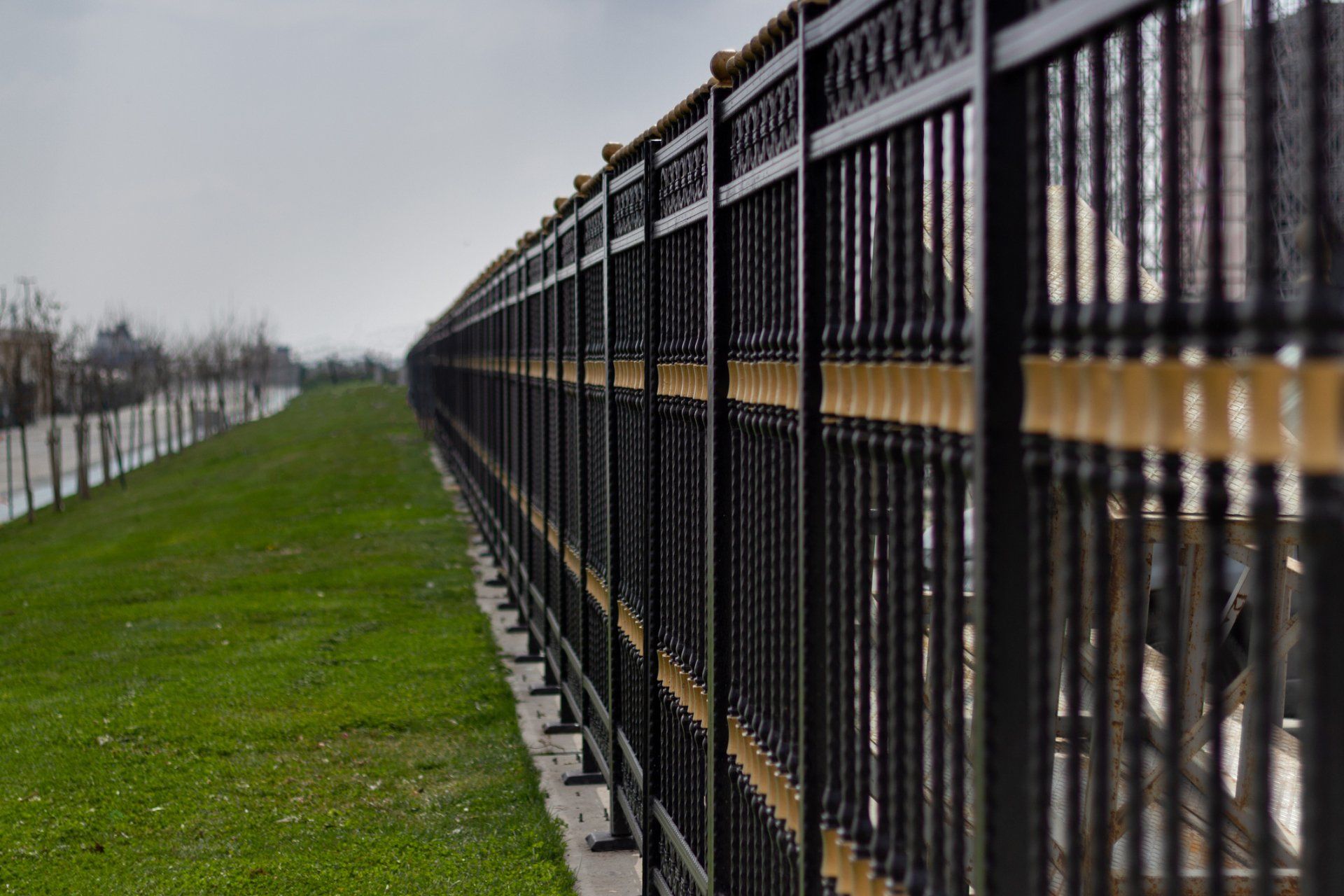3 Tips for Maintaining Your Iron Fence
Admin • June 22, 2018
When it comes to enhancing the aesthetic appeal to a home, a wrought iron fence simply cannot be beaten. Better yet, an iron fence beautifies your home without compromising any of your security expectations. Of course, you won't get the results you want in either regard, unless you keep your fence properly maintained.
Unfortunately, many people mistakenly assume that iron fences require no maintenance care at all. While the durability of iron is second to none, it remains prone to one serious threat: rust. If you would like to learn more about what it means to protect an iron fence against corrosion, read on. This article will outline three key maintenance tips.
1. Keep Vegetation Under Control
Wrought iron fences pair nicely with well-trimmed shrubs and hedges. However, if such vegetation grows too close to the fence or starts using the fence as a support, then problems can ensue. The presence of plant life will ultimately increase the amount of water the fence comes into contact with.
By promoting moisture conditions, such vegetation will hasten the rate of wear and tear to the paint, and ultimately lead to the formation of rust spots. Such corrosion often proliferates unnoticed, since the plant successfully hides any rust from view - at least until it's too late. In the worst case scenario, you may end up with a fence whose structural stability has been seriously undermined.
Even if the corrosion is more superficial, it will take time and effort to keep the problem from getting worse. For that reason, be smart about how close your vegetation is to your fence. While you don't have to eliminate all contact, you should be mindful to keep plants from becoming excessively overgrown, especially if your fence hasn't been waterproofed or repainted in recent history.
2. Grease All Hinges
Those who are vigilant about checking for signs of rust and corrosion can generally prevent serious problems from developing. Patches of rust must be removed thoroughly using a scrub brush or sandpaper. The area should then be coated with a rust-inhibiting primer before applying a fresh top coat of enamel paint.
However, a fence has one area that cannot be protected in this manner - its gate hinges. Because hinges generate a significant amount of friction, paint won't protect them adequately. As a result, the surfaces of an iron gate hinge often show bare metal. Such metal presents an easy target for corrosion, and can easily spread to nearby painted areas.
In order to prevent hinge corrosion, be sure to apply grease on a semi-regular basis. Avoid lubricants like WD-40, which are simply too thin to provide lasting protection for hinges. Instead, apply lithium grease, which holds up very well under heavy loads. Not only will this protect your hinges from corrosion but also it will promote a smooth and squeak-free operation.
3. Have Damaged Portions Re-Welded
No matter how vigilant you are about your iron fence maintenance, you may still find corrosion taking its toll. Rust can chew through a metal fence bar in a surprisingly short amount of time. Should that happen, no amount of scrubbing and priming will be able to restore proper functionality.
Instead, you will need to hire a professional to re-weld the corroded fence parts. If the corrosion has progressed far enough, then a better option may be to simply replace corroded posts entirely. In either case, acting fast will help to limit the damage - and the cost of the repair. Call the pros
at Central California Ornamental Iron for more information about what it takes to keep an iron fence looking and performing as it should.
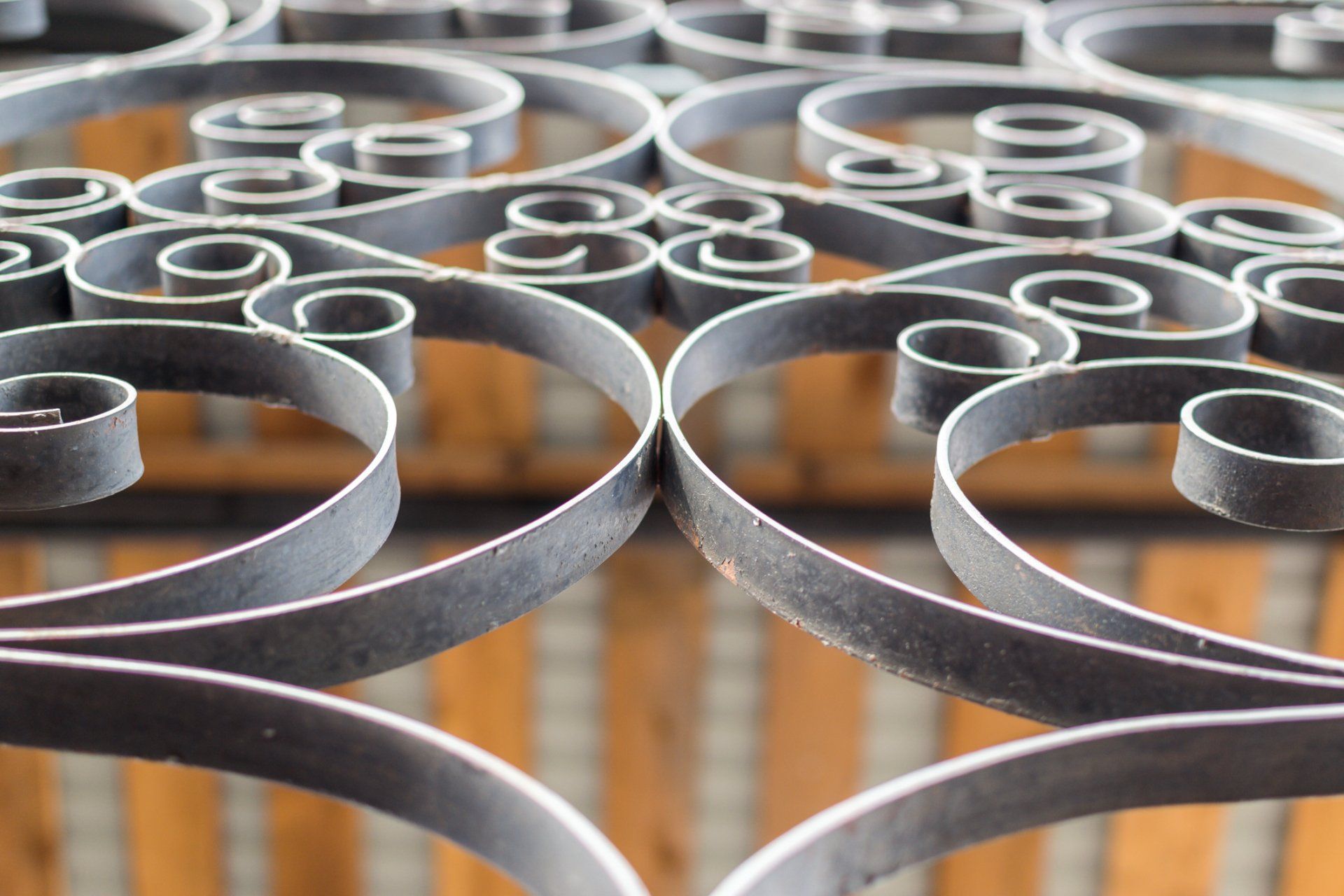
Your individual conditions determine when different types of fences serve your needs the best. There are times when wrought iron fencing may be the best choice for your needs. By learning about these situations, you can choose wrought iron fencing knowing that it is going to serve your needs better than other types of fencing would. You can learn about the situations in which wrought iron fencing would be a good fit by reading the information offered here.


